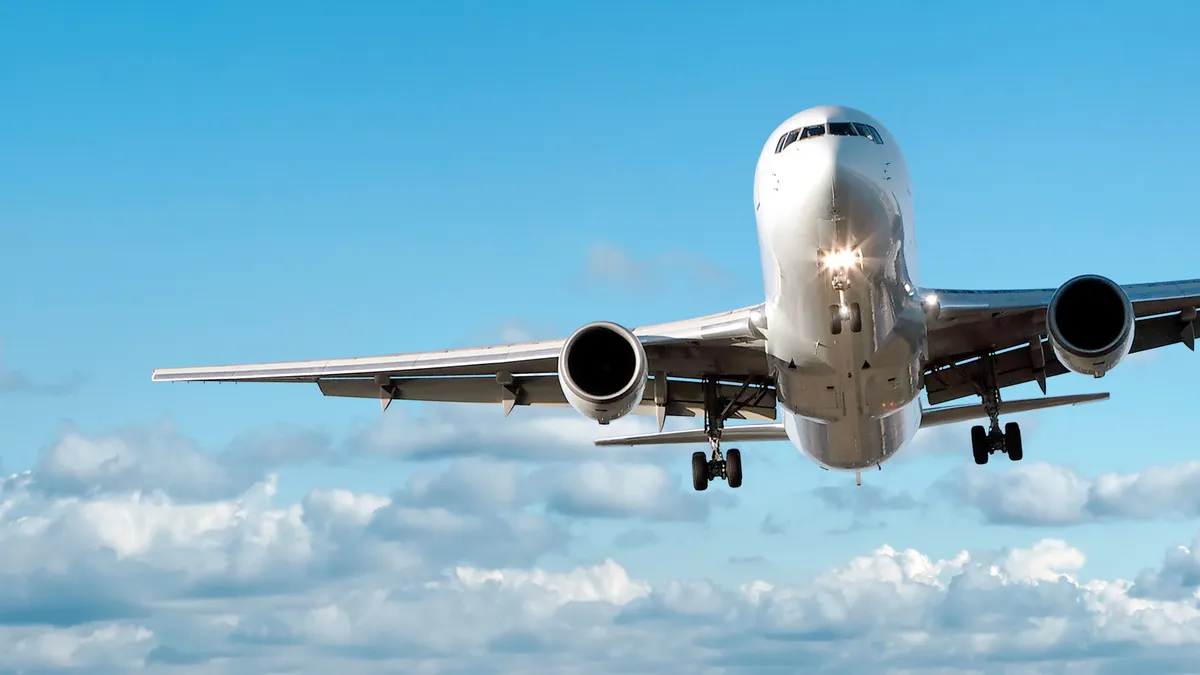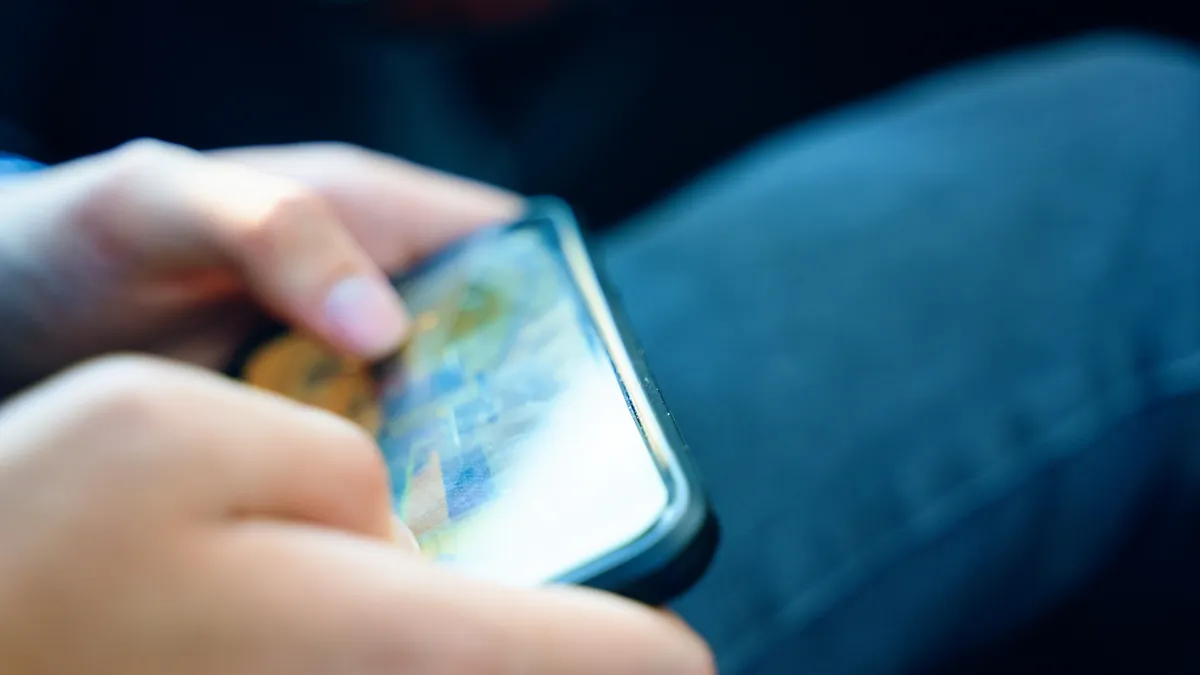Editor's Note: The following is a guest post from Monya Mandich, global senior director of marketing and communications at Expedia Media Solutions.
Gone are the days of one-way marketing conversations, when marketers spoke at consumers and consumers didn't speak back. Now, we're engaging in meaningful two-way conversations across multiple platforms and formats. We have well and truly moved from the realms of static billboards and banners. Our audiences expect to be understood and listened to. That means that our marketing must change too.
At the Expedia group, we're lucky to have a vast portfolio of brands and a team of industry-leading travel marketers who are always working to understand what the customer needs, how they want to receive information and when to serve them that information in a way that lets us hone strategy and approach accordingly.
But with constant innovation in technology and content, and evolving consumer behavior, what does the "how, what and when" look like? Here are the top 10 travel marketing trends we're watching in 2018, with viewpoints from some of Expedia's global marketing executives:
1.) Attention is the new currency
Where is your target market spending their time? Most likely, on their phones. There's no denying the mobile phone has changed the way people interact with the world. They're no longer on the bus chatting to their neighbor or at the gym watching TV. They're on their phone watching YouTube, streaming content or TV shows, playing games, reading the news or talking to their friends on social media.
Mobile is no longer an additional platform for extending your marketing message; it's now business as usual. EMarketer predicts that this year, American adults will spend an average of three hours and 23 minutes per day on mobile media. Make sure your brand is present where your audience's attention is captivated, and that your content is relevant to that platform.
2.) Think bigger than the product
What does your brand stand for? Millennials are not just buying a product, they want to buy into a lifestyle and they are seeking authenticity from brands. A recent study from Expedia and the Center for Generational Kinetics found that people are shifting away from a society of stuff, and instead prioritizing experiences — especially travel experiences.
Your marketing approach needs to take that lifestyle mentality into consideration, and your strategy should be adapted for changing consumer behavior. The Museum of Ice Cream tapped into the experiential craze (and created a social sharing frenzy) with its interactive event experience. Who doesn't want to play in a pool of sprinkles?
3.) Creativity backed by insights
What if someone told you your campaign was going to be a huge success? Sound familiar? Every marketer goes into their campaign hoping for the best, and every agency tells you this campaign will be the best, but what if you had a formula that was almost guaranteed to be a winner?
Savvy marketers are taking a scientific approach to the creative development of advertising in 2018. Vic Walia, global vice president of marketing for Expedia believes "creative freedom is absolutely necessary, but a framework is important, too." Walia recently introduced a global advertising framework that allows his teams around the world to localize tried and tested templates, and then continually optimize to meet their objectives.
4.) Real-time optimization
How do you know if your campaign is working and how can you adjust to ensure you meet your goals? It's not enough to learn post-campaign that your efforts just didn't hit the mark. Real-time data and real-time optimization are here to stay, and should be an integral aspect of your strategic marketing plan.
5.) Dedicated moments
Integrations are still big business, especially for marketing moments like sporting events, but we're well beyond the days of agreeing to a partnership and letting the other party do the rest. Josh Belkin, vice president, global brand for Hotels.com, suggests relying on multiple touch points to ensure your integration makes an impact.
"From custom content, influencer outreach and TV to social media, radio and digital audio, the options are endless," he said. "In 2018, you need to strengthen your campaign visibility in as many ways as possible."
6.) Add utility to your advertising
Tangible proof points are going to be increasingly important in 2018. According to our recent Multi-National Travel Trends Study, 78% of travelers said informative content from destinations or travel brands can influence their decision-making process, and 46% said ads with informative content can be influential. Cut through the clutter by simplifying your message and making sure the audience is aware of the true benefits of what you're offering. Utility should be a key consideration when framing your message, as well as relevance.
7.) Brand differentiation: stand out from the crowd
Two thousand and eighteen is the year of the traveler. With new air routes opening, new planes capable of flying longer distances, new hotel openings and new types of accommodation offerings, there's never been more choices for consumers. How can you stand out from the crowd, beyond what you're selling?
This is what Bruce Horner, head of media and alliances for the Travelocity brand, said about the importance of identifying how your brand can influence customers: "Differentiation is not just about the product, it's about creating a meaningful brand identity that connects and engages with consumers."
8.) Be relevant
Marketers should be aware of what's going on in the world outside of their brand. Context is king — just ask Burger King. The fast-food chain recently released an ad explaining net neutrality featuring its signature burger at the center of the debate.
9.) Connecting the dots
The experience from TV commercial to the storefront to search pages should tie together seamlessly — not create confusion for the consumer, and channels should work together to deliver the same message.
"We need to be connecting the dots for our customer; a creative activation should not happen independent of the site," Expedia's Walia said. "The experience should be seamless the entire way down the funnel."






















